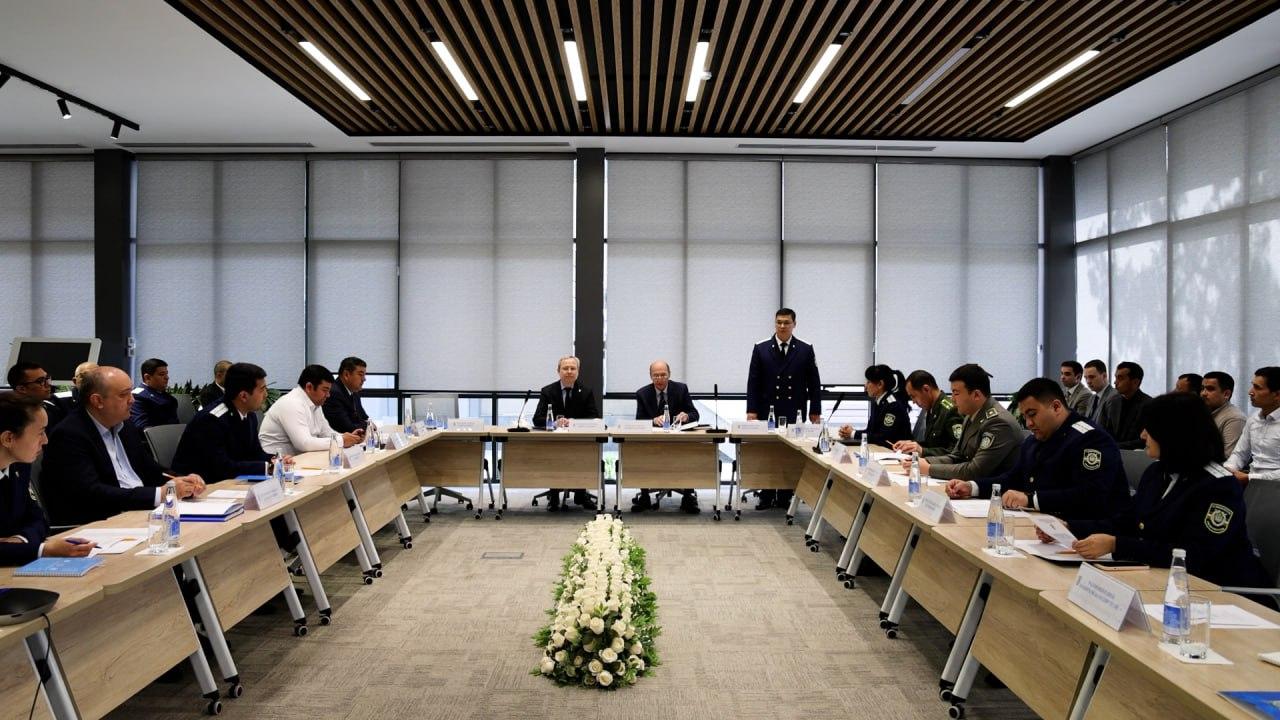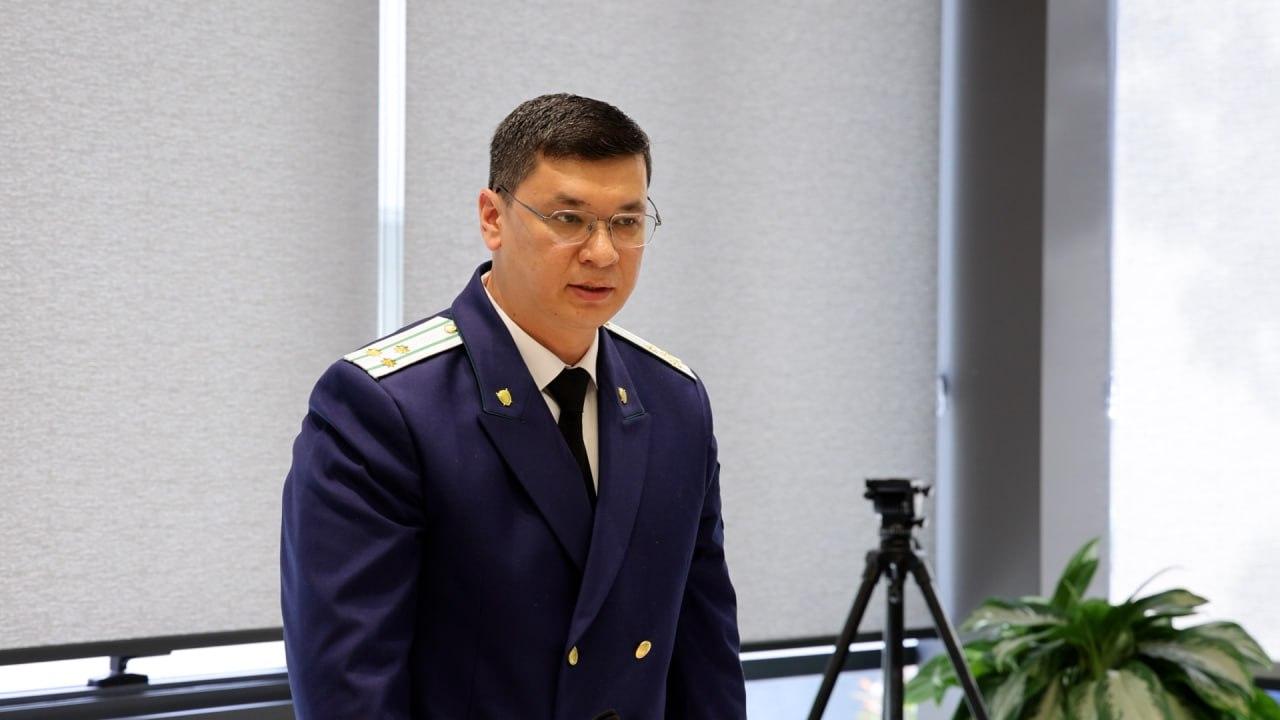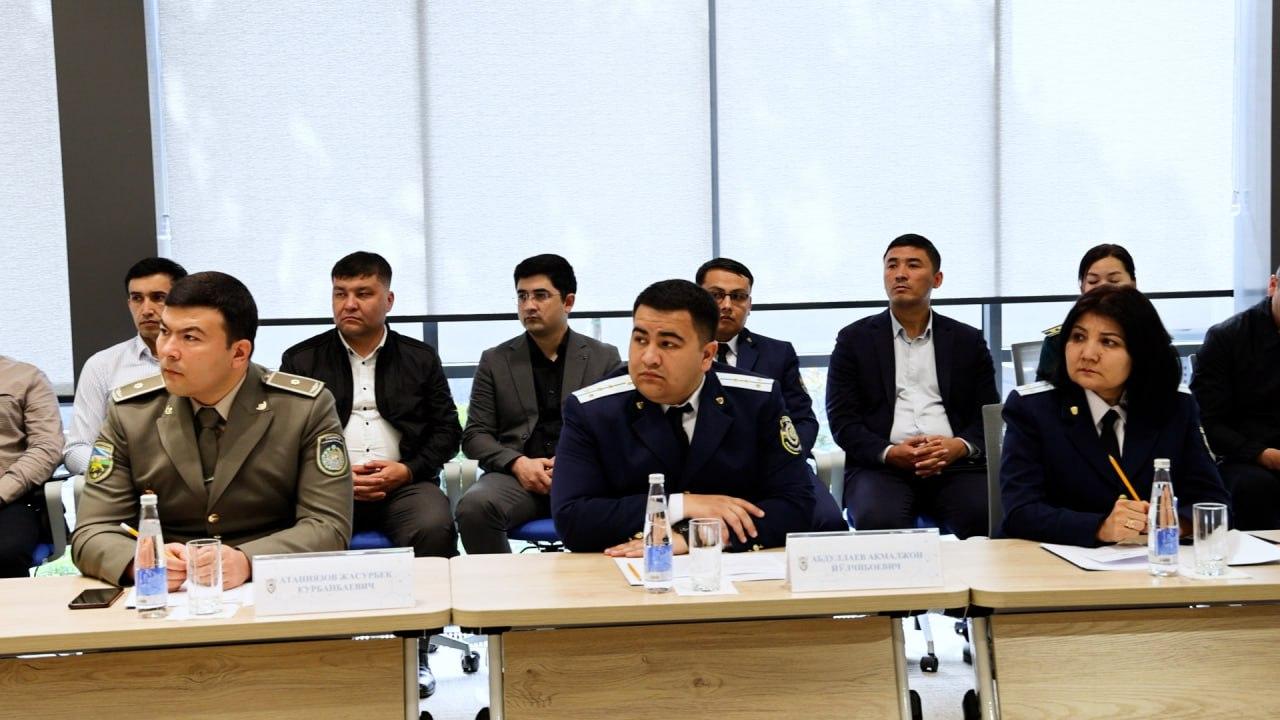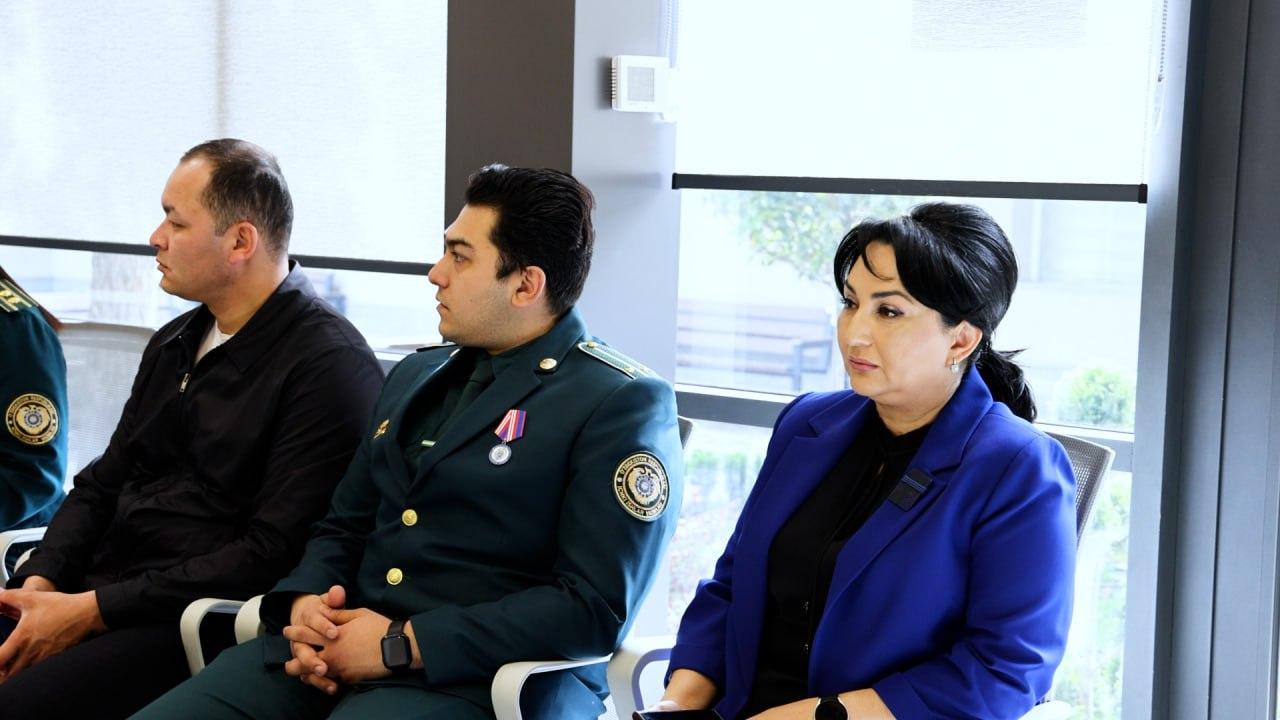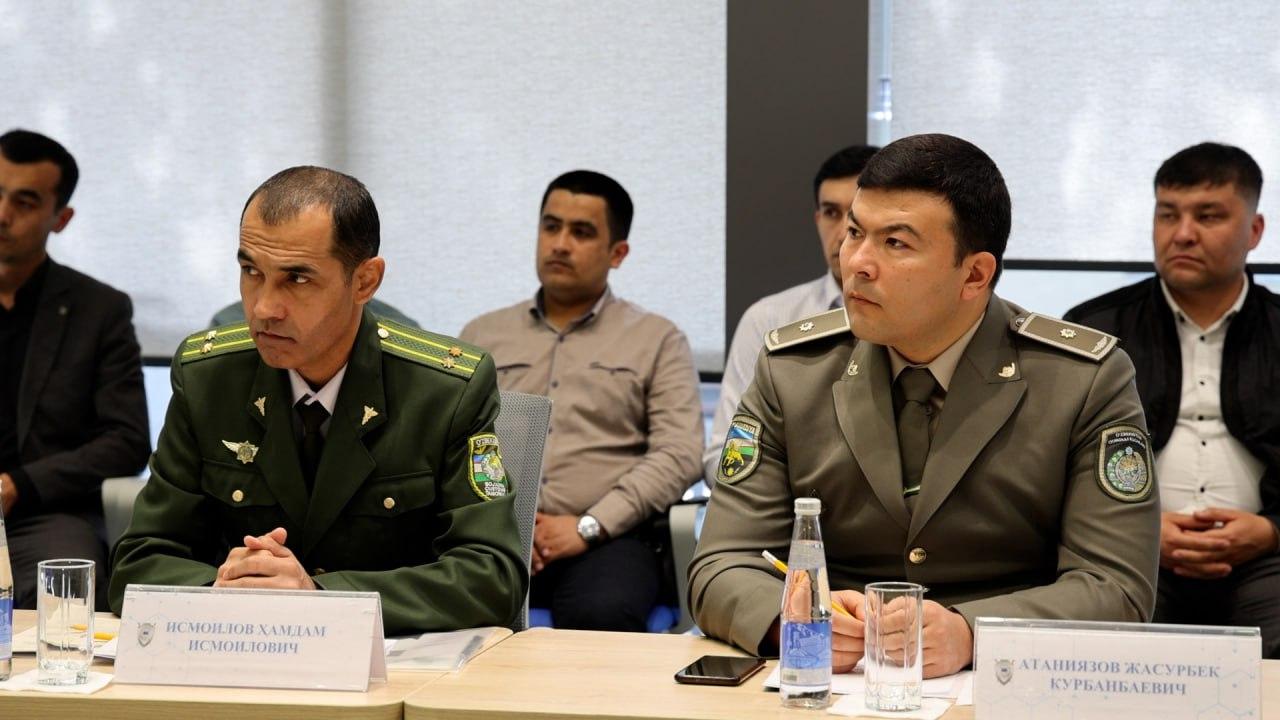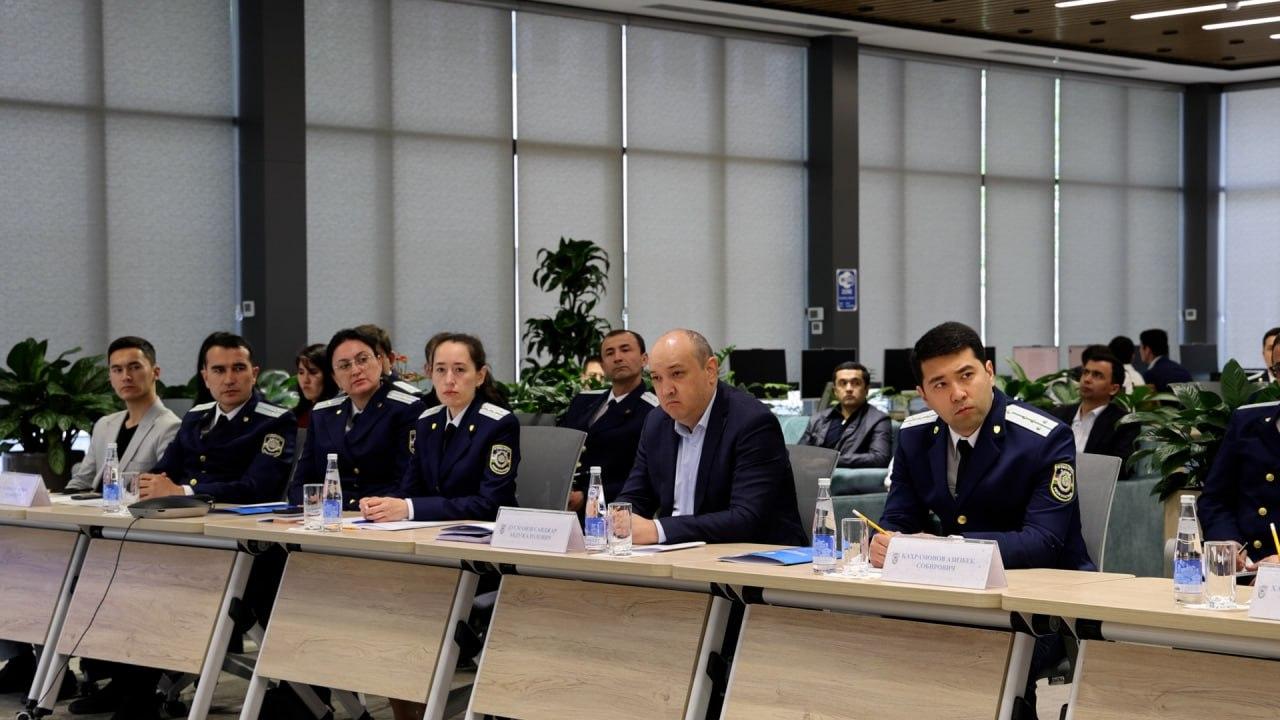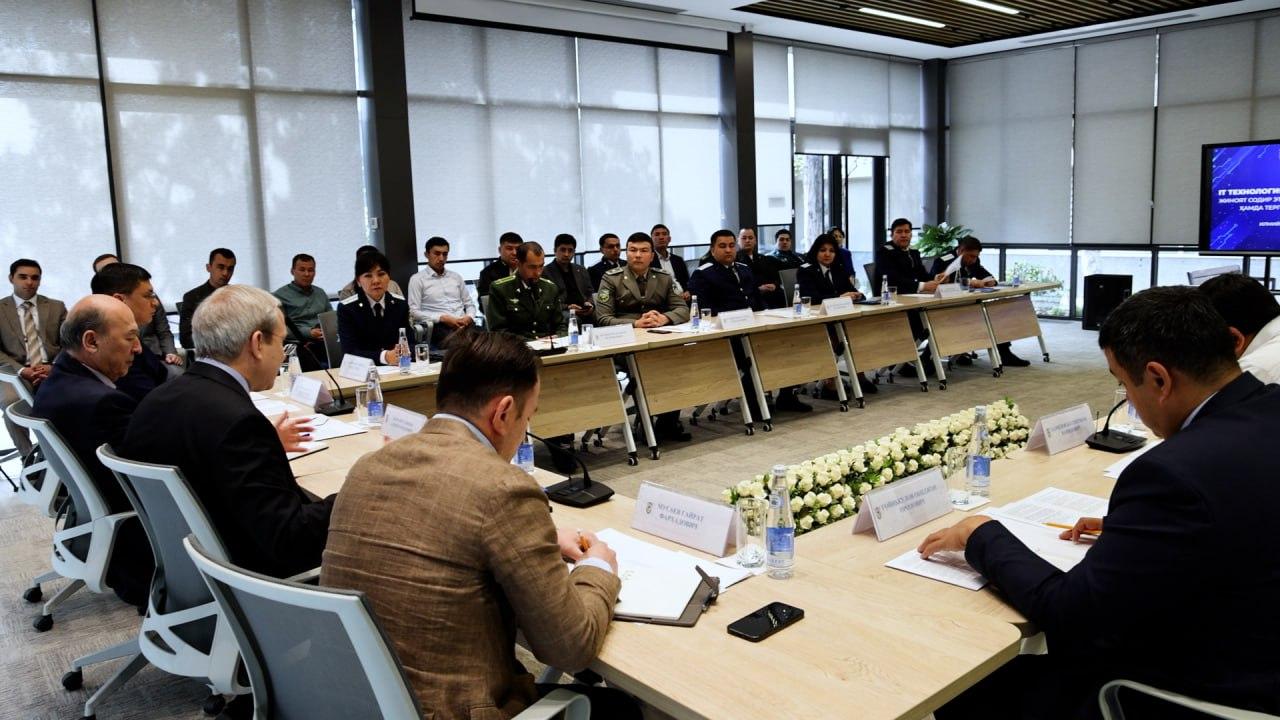Scientific and Practical Conference: “Modern methods of committing crimes using IT technologies and issues of their investigation”
A scientific and practical conference on the topic “Modern methods of committing crimes using IT technologies and issues of their investigation” was held at the Law Enforcement Academy of the Republic of Uzbekistan.
The conference was attended by representatives of the General Prosecutor’s Office of the Republic of Uzbekistan, the Investigative department of the Ministry of Internal Affairs, the Institute of criminological research, the Academy of the State Security Service, the University of Public Security, the Academy of the Ministry of Internal Affairs, the Customs Institute under the State Customs Committee, Tashkent State University of Law, as well as the faculty members and researchers of the Law Enforcement Academy.
The goal of the conference was to analyze modern methods of cybercrime and study new crime trends, identify issues in investigative practice and develop effective solutions, improve national legislation considering international experience, strengthen cooperation between law enforcement agencies and IT specialists, promote information security, and develop mechanisms for crime prevention, as well as enhance investigative practices.
The conference was opened by first deputy head of the Law Enforcement Academy, E.V. Kolenko, who emphasized the relevance of the conference topic and key aspects of state policy in this area. He also examined specific challenges and issues in law enforcement activities related to cybercrime, providing concrete examples. Additionally, he highlighted the Academy’s continuous efforts to enhance the investigative capacity for digital crime investigations. Special attention was given to the importance of expanding international and interagency cooperation in the fight against cybercrime.
During the conference, experts and practitioners in the field thoroughly examined the role of digital forensics in crime investigation, methods for investigating crimes related to unauthorized access to computer information, the use of digital technologies in assessing circumstances that exclude criminal proceedings, and the specifics of investigating crimes involving the theft of funds from bank accounts and cards.
Particular interest was drawn to presentations on the illegal circulation of narcotic substances through social networks, the collection of digital evidence in crimes committed using information technologies, procedural and investigative aspects of investigating such crimes, as well as the legal classification of IT-related offenses.
During the discussions, conference participants received comprehensive and detailed answers from specialists to all their questions of interest.
A collection of conference materials is planned for publication.

